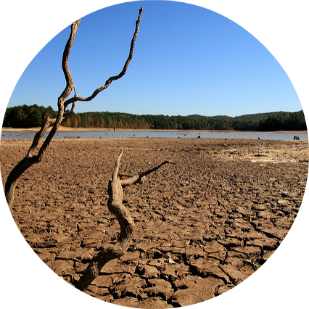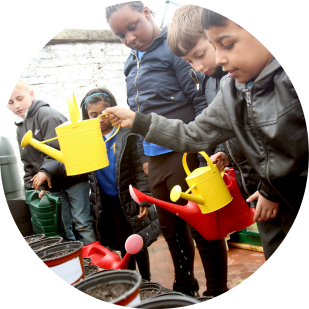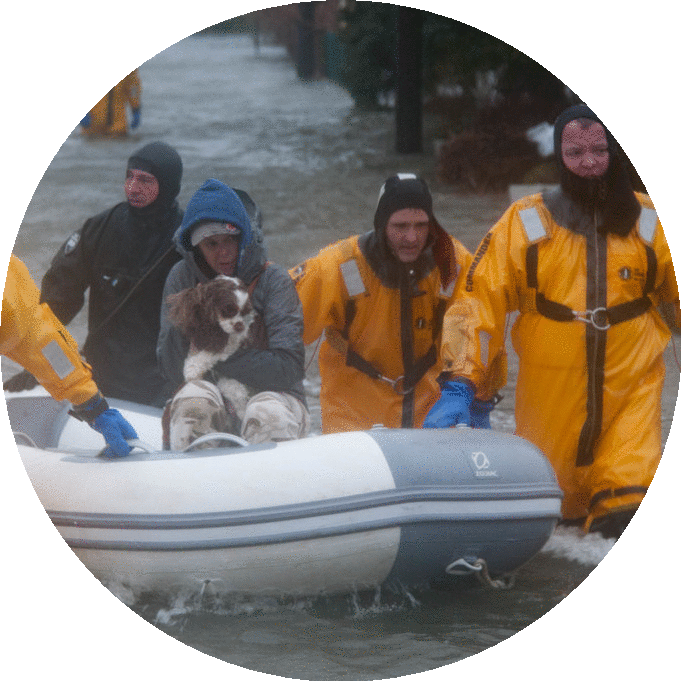The Threat: Severe Weather/ Children
"We can no longer ignore our strange and increasingly severe weather. We have a moral obligation to protect our children – this means preparing for and tackling climate change now."
Value: Our Moral Responsibility
- Hot Fact -
The global average temperature during the summer of 2015 was the hottest on record, surpassing the previous record set in 2014.(xxiv)
According to NASA and NOAA, 2016 was Earth’s hottest year on record; 16 of the 17 warmest years on record have occurred since 2001.(iii)
Climate change is already affecting every part of the U.S. There’s more strange and severe weather – more flooding and wildfires, more intense hurricanes, longer droughts.(iv)
Nearly 50 percent of Americans report being personally affected by severe weather or a major storm in the past three years, or knowing family or friends who have been affected. In 2018, six in ten Americans think global warming is affecting weather in the US. A majority are worried about extreme events like droughts, flooding, water shortages, and wildfires in their local areas.(xxv)
Higher temperatures lead to more asthma and other respiratory problems, especially among children.(vi)
Key Supporting Facts:
Stress urgency. Emphasize that we’re seeing climate impacts now. People who feel more urgency are more likely to support solutions that reduce carbon pollution.
Talk about the impact on children today. Don’t focus on “future generations,” which creates the misperception that impacts and costs are a distant concern.
Talk about strange, unusual, and severe weather – not just higher temperatures. Emphasize that we are already experiencing the impact of climate change in many different forms, from droughts to wildfires to more severe winter storms.
Talk about climate change, climate disruption, and damage to our climate caused by fossil fuels. Some people who are concerned about climate change remain unsure of the cause. The science is clear that the culprit is pollution from burning oil, gas, and coal.
Explain that the price of inaction far outweighs investments in solutions. We are already paying a high price for weather disasters, crop failures, and higher insurance rates. Hurricane Harvey alone caused $125 billion in damages. Combined, 2017 Hurricanes Harvey, Irma, and Maria cost over a quarter-trillion dollars.(vii) And delaying climate action will only make future costs higher.(viii)
Use the ∆. Remember to pivot to the other two points of the triangle.
Tips & Talking Points
It connects the threat to people’s own experience of strange and destructive weather, not abstract scientific data or distant melting ice caps.
It makes a personal, emotional and moral argument for confronting climate change now.



